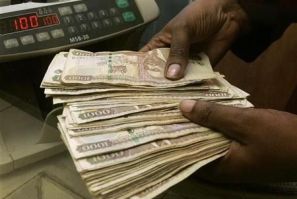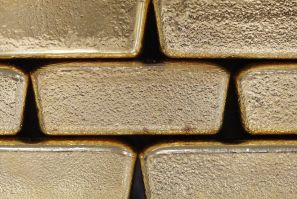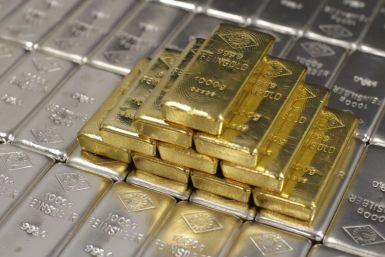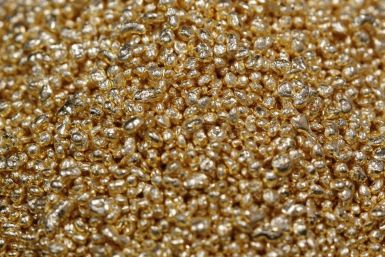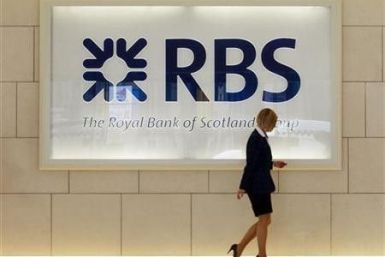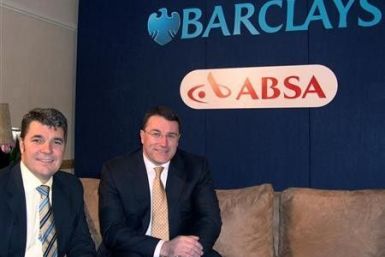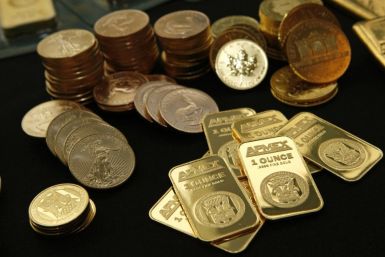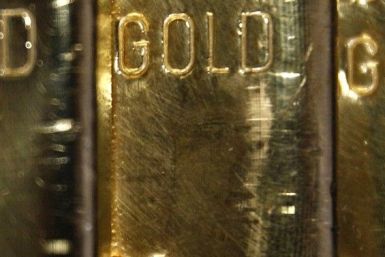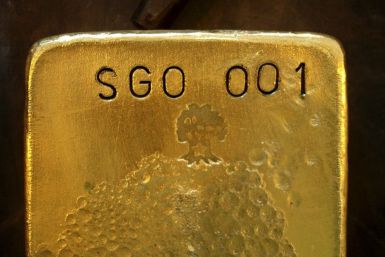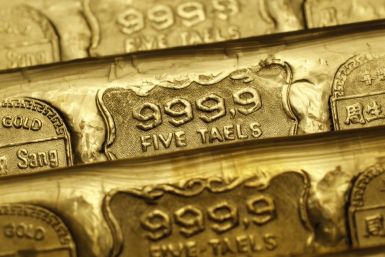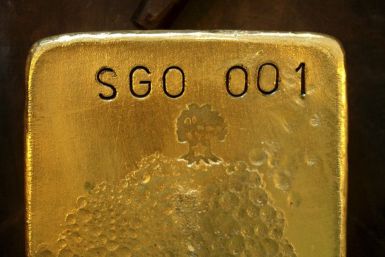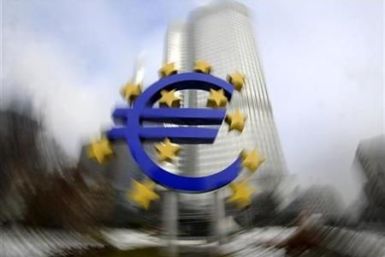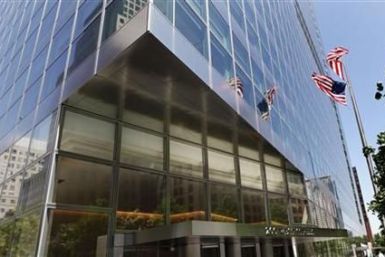Gold, silver, platinum and palladium, as well as other commodities, generally stand a better chance of handling a global economic downturn than other types of investments, Barclays Capital said Monday.
The price of gold in the fourth quarter will rise to an average of $1,875 per ounce, a nearly 15 percent increase from gold's closing price Friday, Barclays Capital said.
Moody’s believes that the UK government will “more likely now … allow smaller institutions to fail if they become financially troubled.” Shares of RBS and Lloyds were down as much as 3.5 percent in London trading.
Platinum just finished plunging more than 22 percent from its late August level and the bottom has still not come into view.
South Africa has tapped the head of risk management at a local investment bank as its next banking regulator, the central bank said in a statement on Thursday.
Absa Group, the South African bank majority owned by British lender Barclays, said it would merge its business and retail banking units and has also created a small team of Barclays and Absa executives to lead its expansion across the continent.
As European banks seek state help and U.S. lenders shore up shaky balance sheets, Canada's well-performing banks have stepped up their efforts to poach talent from rivals around the world.
September Layoffs Mostly Came From Army, BofA, but the two employers outlooks could not be more different
Gold prices hovered in a tight range Wednesday as strong physical buying offset renewed optimism among stock investors that Europe might yet avert a sovereign debt-induced recession.
“Europe was, of course, not particularly successful in the last few months.”
Gold prices fell Tuesday, weighed down by panicking investors preparing for the fallout of a Greek sovereign debt default -- damage to European banks and falling business activity on the continent and perhaps the U.S. -- by dumping stocks and abandoning the euro and buying dollars.
Gold prices jumped Monday as growing pessimism over Europe's finance's drove investors out of stocks, the euro and industrial commodities and into the U.S. dollar and the yellow metal.
European stocks are dropping on reports that the Greek government will not achieve the deficit targets it needs to receive the next tranche of the bailout from the European Union (EU) and International Monetary Fund (IMF).
Stock index futures pointed to a lower open on Monday as concerns over Greece's teetering finances returned to the forefront and after equities suffered their worst quarter since 2008.
Gold prices climbed more than 2 percent Monday, its third daily gain in a row, as Greece's draft budget confirmed the widely held vew that default is inevitable offset.
September factory activity in some of Asia's biggest economies slumped to levels last seen during the depths of the financial crisis as export demand dropped, reinforcing fears that fading U.S. and European growth will spare no one.
Stock index futures pointed to a weaker open on Wall Street on Monday after steep declines in the previous session, with futures for the S&P 500, for the Dow Jones and for the Nasdaq 100 down 0.6-0.9 percent.
Gold prices hovered in a tight range Thursday as bullish and bearish forces pinned the yellow metal to a virtual standstill.
Gold prices rose on Thursday in choppy trade, with strong physical demand and gains in the euro lending support, but investors remained cautious towards the precious metal after this month's intense volatility.
Europe's never-ending debt saga has investors girding for volatile, unsteady currency markets for years to come.
The brunt of job cuts will likely occur in Europe and The United States.
Gold prices rose more than 4 percent Tuesday, breaking a three-day losing streak, on optimism that Germany this week will approve an expansion of Europe's bailout fund and a decline in the U.S. dollar.



